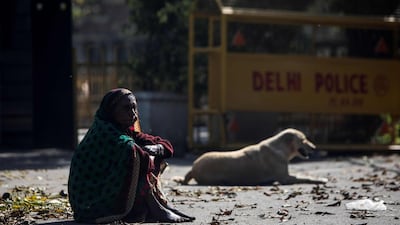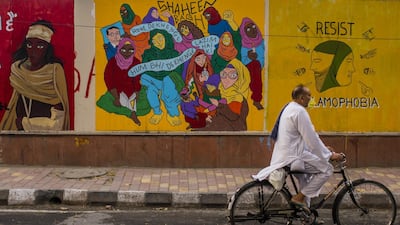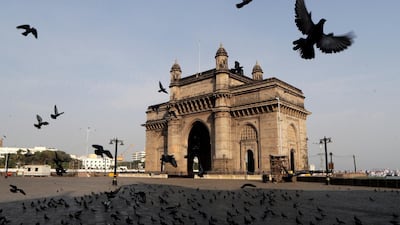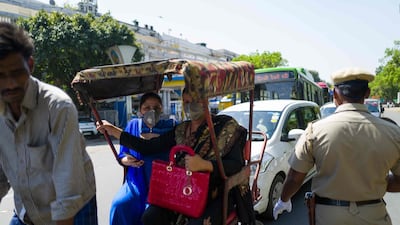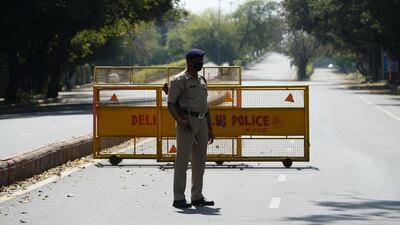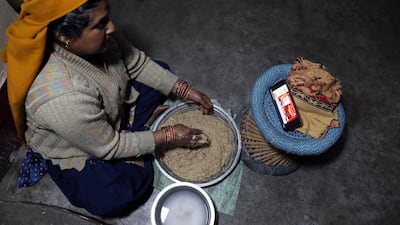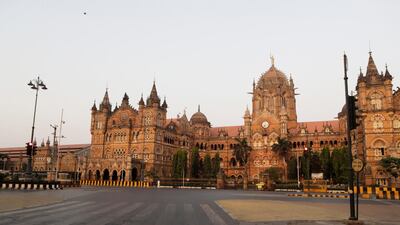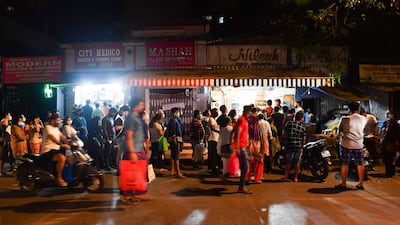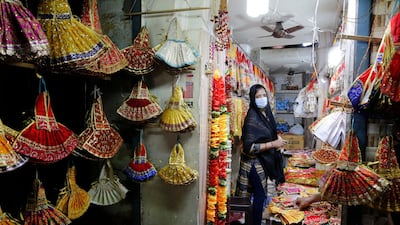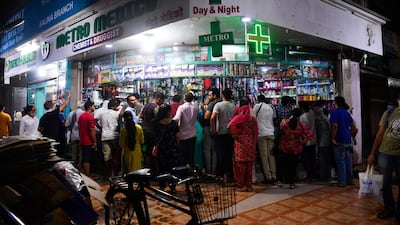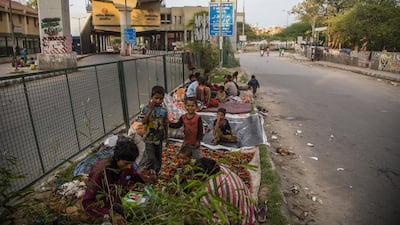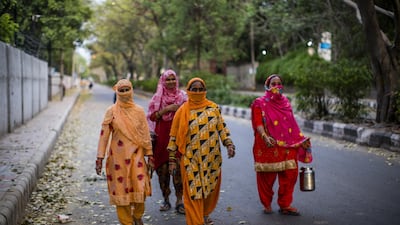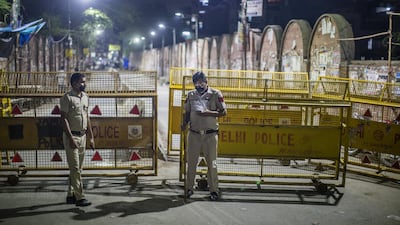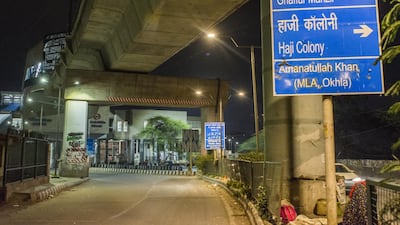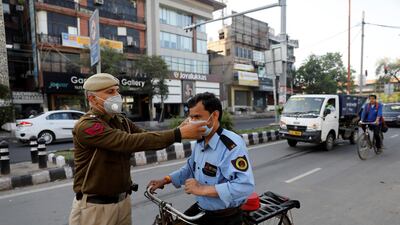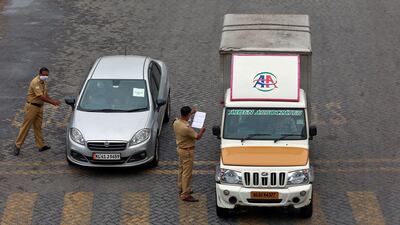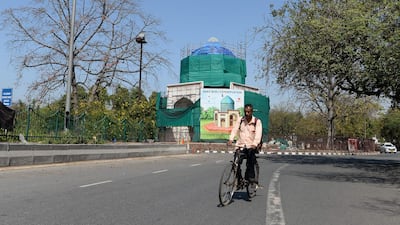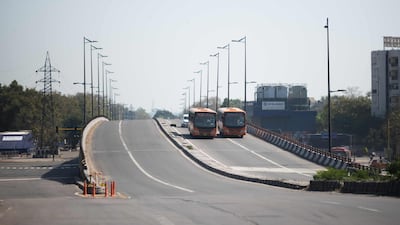Indian residents of the UAE have thrown their support behind their country's 21-day nationwide lockdown, calling it tough but necessary.
India began the world’s largest lockdown on March 25 with1.3 billion people warned to stay indoors to halt the spread of the coronavirus pandemic.
“If there is life, there is a world. To save India and every Indian, there will be a total ban on venturing out," said Prime Minister Narendra Modi in a national televised address on Tuesday.
The government said the lives of citizens was more important than the short-term setback to the economy.
But there are concerns over the affect the shutdown will have on India’s unskilled labourers and the poor who depend on daily wages.
Abu Muadh, who runs a software company and deals with low-income families in the UAE and India, said safety had to be prioritised.
“It’s a trade-off between labourers needing to go out to earn their livelihood and being safe,” said Mr Muadh, founder of a mobile phone application that distributes educational material to workers.
“It’s a very delicate time now and the prime minister and president are doing this with the intention of keeping people alive,” said the Dubai resident, 45, who supports three non-profit schools in Indian villages.
“Daily wage workers are spread over rural and urban India so it’s not easy to understand how their needs will be met. But they are the most vulnerable population. If even one or two workers get infected, the risk of it reaching huge numbers is extremely high.”
Over the past few weeks, several state governments in India grounded flights and closed businesses and schools.
News of the countrywide lockdown triggered a spate of panic buying on Tuesday night.
People rushed to stock up on supplies and police were called to disperse crowds outside supermarkets.
The government called for calm and explained that essential services including supermarkets, pharmacies, banks, petrol pumps would remain open.
Mr Muadh said it was vital to raise awareness among the low income workers to ensure they were not putting themselves at risk.
“If you tell them the disease will spread, they may not believe it, so education is key,” he said.
“The point that makes my heart cry is that we have not put enough effort to educate workers. Many will think that the administration is not considering our livelihood.
"Workers need to understand this is to protect them. There is no other choice. They need to be patient and have faith in the administration. The main thing is to contain the epidemic.”
Officials in India have taken a strict approach to the lockdown, threatening severe repercussions if people are found outside their homes.
In southern India's Telangana state, the administration said it would have no option but to give "shoot-at-sight" orders to police if people broke curfew.
Ahmed Ali, a Sharjah factory worker, said he had cautioned his wife and children in Telangana’s Tandur town to stay indoors.
“Doctors and nurses are working hard and their lives are important so people must understand that when we sit at home, it’s better for all,” he said.
“This [lockdown] is a good decision because the disease spreads when people go out. Some people don’t realise, so they call relatives home and go out to meet people. But you don’t know who will get the disease so I have told my wife and children to stay inside.”
The closure of air travel into and out of the country has separated families.
Sana Akhir, a UAE resident, was visiting family in Mumbai and had booked to return at the month-end.
"I do not know when I will be able to go back [to the UAE] now as these are unprecedented times,” said the mother, 30.
She said the rising cost of food was also cause of concern.
“It’s a difficult situation here and even bread is not available. At the vegetable market, a single piece of cabbage costs Dh5, which would have cost me Dh2 a few weeks ago," she said.
"The lockdown is definitely needed. People are beginning to take it seriously now, and police are patrolling the streets to ensure people don’t venture outside.”
